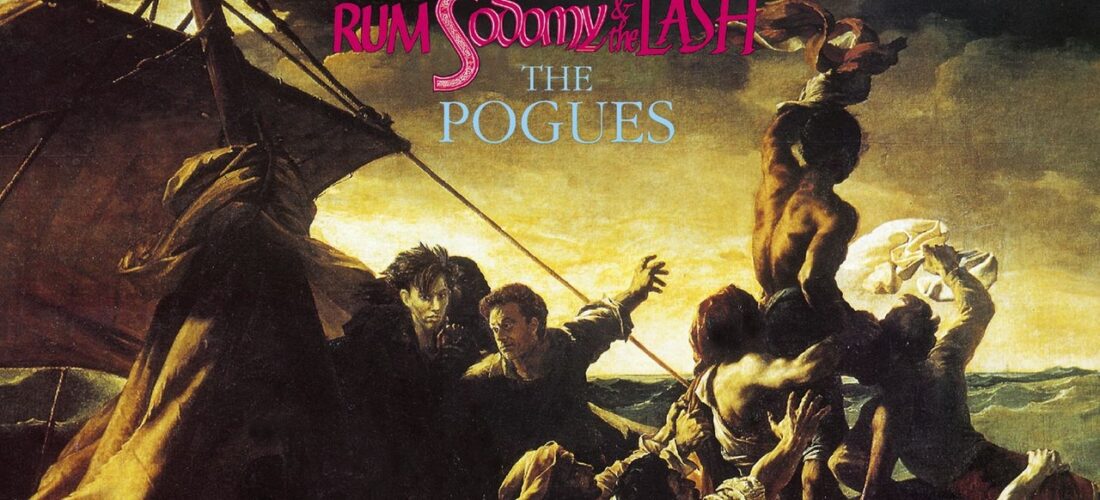When Shane MacGowan died last year, it felt like the passing of a head of state. In a sense it was: The Irish president attended the funeral; a pre-recorded Bono read from St. Paul’s Letter to the Corinthians; Nick Cave sang a moving “Rainy Night in Soho.” And by the time the assembly was laying into an unexpurgated reading of “Fairytale of New York”—a white-bearded Glen Hansard leading the congregation, with neo-trad ambassador Lisa O’Neill singing Kirsty MacColl’s parts, Spider Stacey and other Pogues accompanying them on instruments as MacGowan’s widow and others waltzed near the altar—it’s a fair bet many of those present, not to mention those watching the livestream, were blinking back tears. (I certainly was.) Even the pious outcries that followed this unconventional mass felt perfect—one imagined MacGowan’s jagged grin shining down from heaven.
Why such reverence? For one thing, MacGowan and the Pogues made Irish roots music cool. Sure, music nerds admired the native folk revivalists of the 1970s like Planxty and Clannad, the family band that briefly worked with kosmische legend Conny Plank and launched the career of sister Enya before finding their own crossover fame. Some American country artists appreciated the Irish influence on, and dialogue with, their own music. And Bob Dylan covered his share of Irish-rooted tunes; among others, a handsome take on “The Auld Triangle” turned up among the Basement Tapes.
As punk bubbled up at CBGB and Max’s in the Irish diaspora of New York City, you could still hear the ’60s folk-revival sounds of Ed Sullivan faves the Clancy Brothers and the Dubliners in countless Irish bars. But these were better known as hangouts for pensioners and off-duty cops than destinations for live music. By the time the Pogues ramped up in the early ’80s, pre-Riverdance and Van Morrison’s LP with the Chieftains, Irish trad was squarely stuff for family gatherings, if it was in your bloodline, trotted out with the green beer and public drunkenness on St. Paddy’s Day.
But the Pogues went beyond revivalism. They built a canon of their own, much of it flowing from the golden pen and orthodontically imposing mouth of MacGowan, their frontman and main songwriter. You glimpsed his gift on their debut, Red Roses for Me. Roughly half standards, including “The Auld Triangle,” it also had MacGowan’s “Boys From the County Hell,” a rabid, myth-building anthem loaded with writerly turns:
